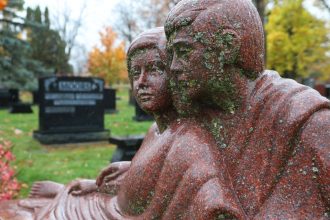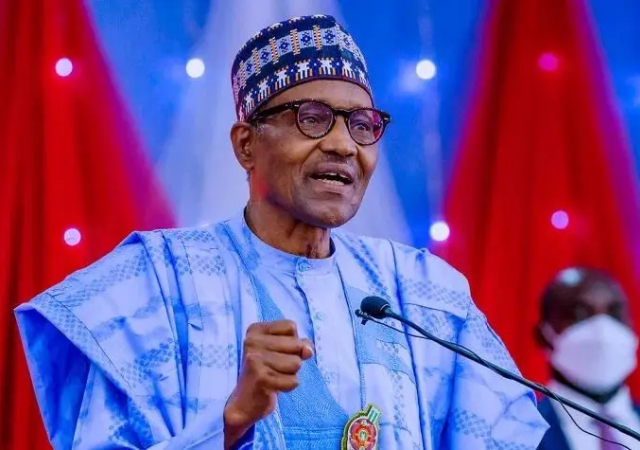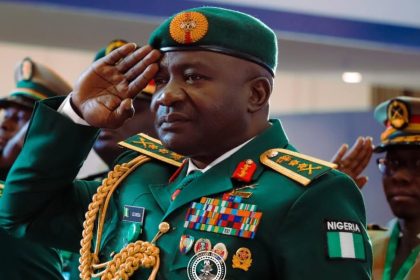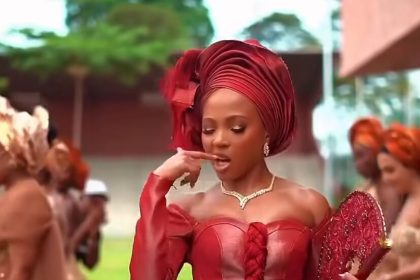Nigeria’s former President Muhammadu Buhari, aged 82, has passed away on Sunday, July 13, 2025, while receiving medical treatment at a clinic in London, his family confirmed today via spokesperson Garba Shehu.
Legacy of Military and Civilian Leadership
Muhammadu Buhari served twice as Nigeria’s head of state: first as a Military Head (1983–1985), and later as elected President (2015–2023), marking the first time an incumbent was unseated in a democratic election.
His presidency emphasized an aggressive anti‑corruption campaign, economic reforms, and the fight against insurgency, notably Boko Haram.
Health and Medical Treatment
Buhari had been receiving medical care in London prior to his death, with family sources reporting he had been under observation for several weeks.
Details of his illness were not disclosed in the official statement, though he had recently been discharged from intensive care.
Formal Confirmation of Death
A statement posted on X (formerly Twitter) by his spokesperson, Garba Shehu, announced:
“The family of the former president has announced the passing on of the former president, Muhammadu Buhari, GCFR, this afternoon in a clinic in London. May Allah accept him in Aljannatul Firdaus, Amin.”
Multiple credible outlets including AP, Reuters, TheCable, Channels TV, and Premium Times verified the announcement.
National Reaction
Tributes have begun pouring in from political leaders, civil society, and international dignitaries, acknowledging his firm leadership and influence in Nigerian politics.
President Bola Tinubu, who succeeded Buhari in 2023, is expected to issue an official statement and lead state honors. Funeral plans are anticipated to be announced within the coming hours.
Impact on Nigeria’s Political Landscape
Buhari’s death marks the end of a major era in modern Nigerian governance, touching on the country’s democratic evolution and efforts to stabilize a fractious economy.
Analysts note that his presidency, and earlier military rule, continue to shape the debate around governance reforms, security approaches, and anti‑corruption policy cycles.
Looking Ahead What Comes Next
Burial Arrangements: Islamic rites are expected, with a state funeral and interment in his home town of Daura, Katsina State.
Legacy Discussions: Nigerian media and historians will likely revisit his tenure for lessons on leadership transitions, economic reforms, and security policy.
Remembering Buhari, Key Highlights
Born: December 17, 1942 Daura, British Nigeria (now Katsina State)
Military Head of State: 1983–1985
Elected President: 2015–2023 first opposition candidate to unseat an incumbent; oversaw two-term tenure.












